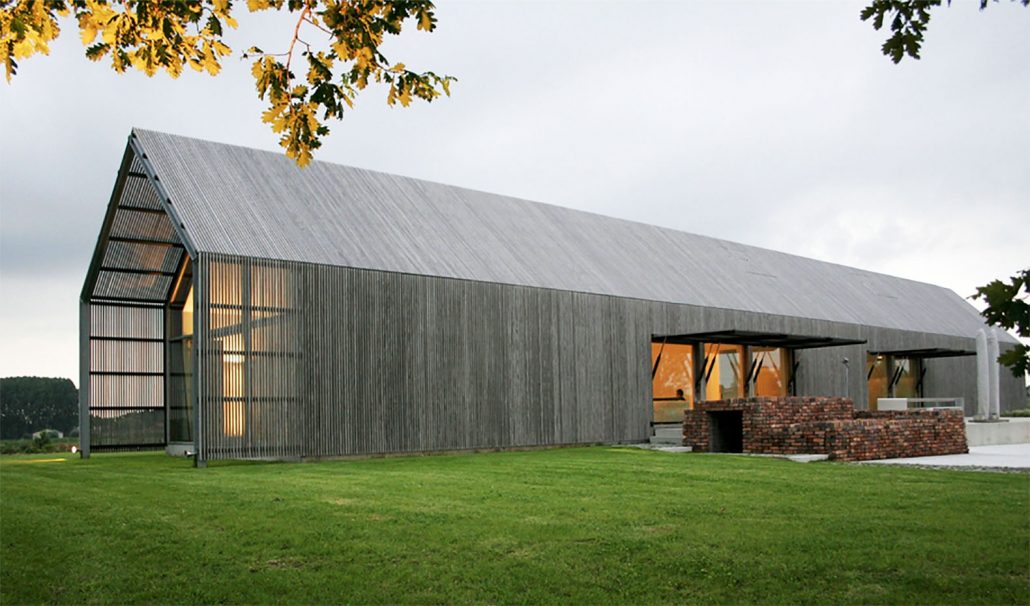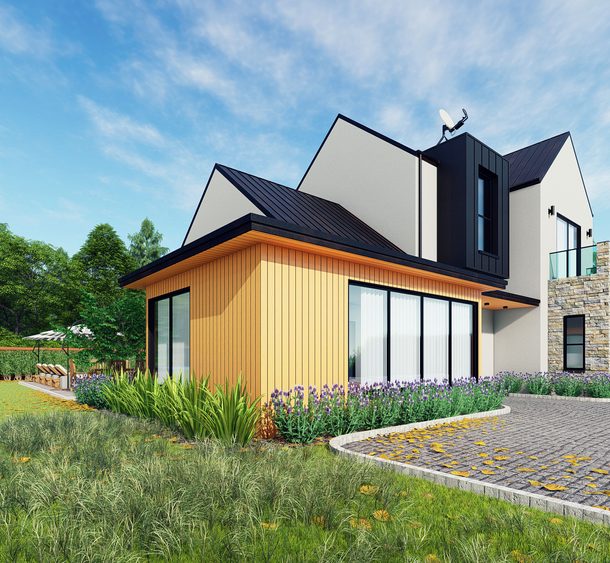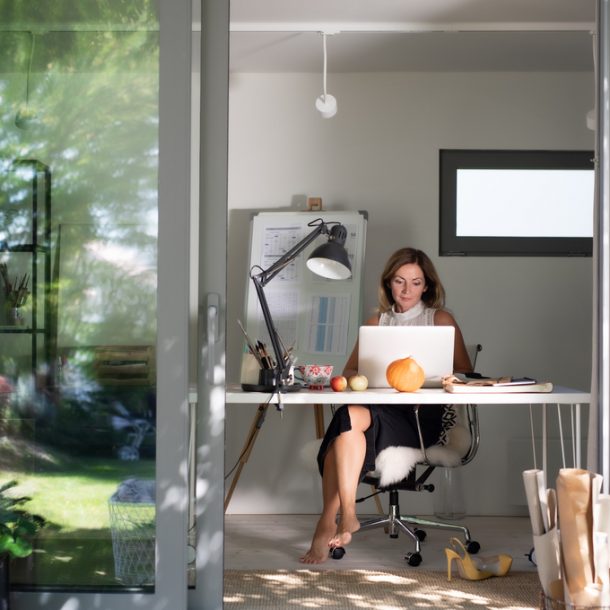
So, you want to convert your loft!
By admin
If you would like to add additional space your existing home without having to move converting your loft or attic into a habitable space is a great way to do so if your roof space and style is sufficient.
The following things need to be taken into consideration when planning a loft conversion.
Depending on the style of your home, terraced, semi-detached or detached there will be limitations of how many cubic metres of space in your loft conversion you can develop within permitted development rights.
Within permitted development rights you can add 40 m³ for terraced homes and 50 m³ for semi-detached & detached houses of space in your loft. However you would still require building regulations approval and inspections carried out throughout the build to ensure the correct standards are adhered to.
That is not to say that you cannot have a larger loft conversion, you would just need to apply for planning permission, something that we can manage for you (we have a 98% approval rate, just saying!)
Other considerations are fire doors, these would need to be fitted at the entrance to every habitable room on all levels, these need to be rated to FD30S, certain doors may be able to be upgraded, but in most cases it is most cost-effective to replace the doors with fire doors, in addition to the fire doors you will require smoke detectors on all levels of the stairwell, these must be 240 V hardwired with battery backup and they must be interlinked so if one is activated they all go off in simultaneously .
First story windows need to be fire egress windows, this means that they must be 450 mm x 450 mm height and width once open, so remember to consider any loss of space from the cantilever system for opening and closing the window, this is for people to be able to be rescued by the emergency services in the event of a fire.
You must have at least 2500mm in height from the existing internal ridge line to the top of the rafters to allow for the increase in height of the floor (which could be 200 to 300 mm, due to structural changes required) if ridge steel is required that would also drop the roof height by 200 to 300 mm, so deduct 600mm from the rafter to ridge height and you will have an indication of the least amount of height and space you are able to create.
Finally, stairs!, you will need to consider how you are going to access this lovely new space. So if you existing layout does not present an obvious solution you may need to adjust the current layout to accommodate them.
If any of this sounds daunting don’t worry, we have a team of happinest certified planning consultants who do understand the process thoroughly and can come and carry out a free no cost consultation for you to get the answers to all of these questions, our design team can carefully create building regulations drawings and manage planning permission applications (if required) to convert your loft all from our big nest (that’s our HQ)
Latest News
Recent Posts
- Space, the final frontier!July 28, 2021
- Planning Applications Sky Rocket !July 6, 2021
- Extra funding for green homesJuly 6, 2021
Contact Us
- 0800 021 0232
- info@happi-nest.co.uk
-
Edinburgh & Surrounding Office
EH2 4LS
Copyright 2023 happinest. All rights reserved.
Contact Us





















